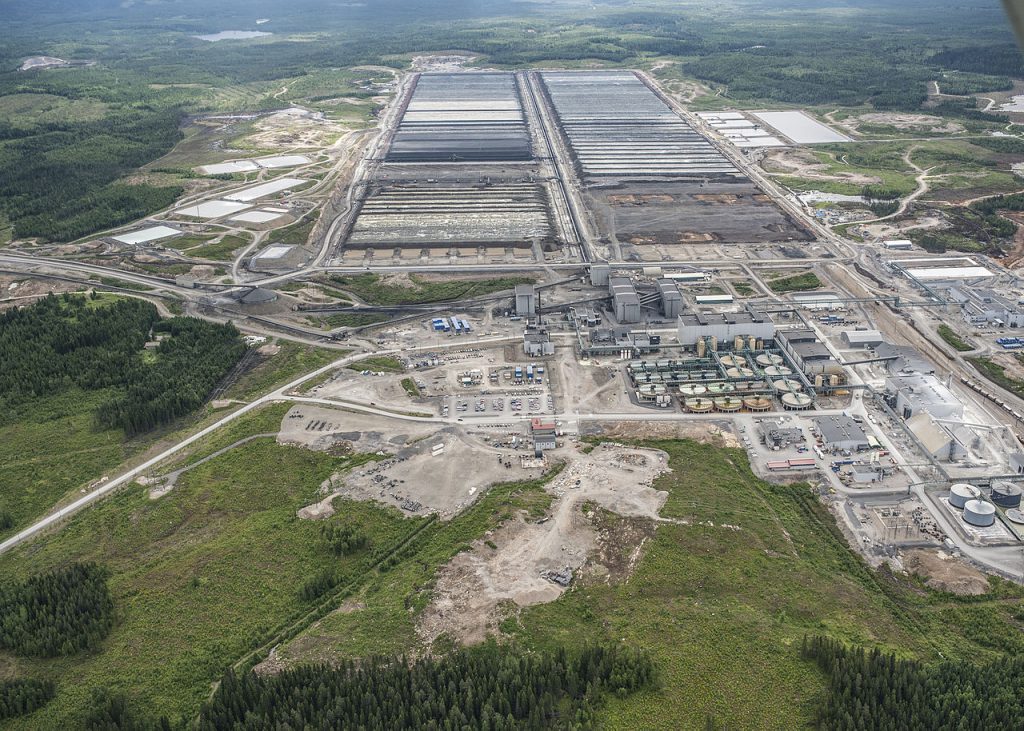EU climate transition needs mineral miners, not coal miners

The European Union needs to transform its coal-mining regions into the source of minerals for clean technology, such as cobalt and rare earths, if it is to meet its climate goals and curb import reliance, a senior official said on Monday.
The European Union has long wrestled with its dependency on imported natural resources.
But the debate has gathered momentum as it seeks to use the coronavirus crisis to spur a green recovery and meet its ambitions to become a net zero economy by 2050.
A Commission report found Europe will require five times more cobalt by 2030 for uses including electric car batteries
The Commission, the EU executive, is working on a raw materials strategy to lay out plans for sustainable mining and increase recycling to limit the need for new extraction.
It has also proposed a 40 billion euro ($44.92 billion) Just Transition Fund that could support new mining projects and retrain some of Europe’s 230,000 coal workers.
“We have a question to ask ourselves, whether we want to continue as we did in the past, to import all these materials and to depend on their import into Europe… or whether, in terms of diversification, we extract part of this here,” director general of the European Commission’s industry policy department Kerstin Jorna told a virtual event on Monday.
Currently, the Democratic Republic of Congo produces more than 60% of the world’s cobalt, while more than 70% of rare earths are sourced from China.
Jorna said a Commission report found Europe will require five times more cobalt by 2030 for uses including electric car batteries, while Europe’s rare earths needs will increase ten-fold within the decade, driven by demand from wind turbines and robots.
Europe cannot rival Congo’s natural resources, although cobalt is mined in Finland and is found in the Polish coal region Silesia.
The European Union also has its own rare earths and lithium, with enough lithium projects underway to meet up to 80% of the bloc’s demand by 2025, the Commission said last month.
($1 = 0.8905 euros)
(By Kate Abnett; Editing by Barbara Lewis)
{{ commodity.name }}
{{ post.title }}
{{ post.date }}




Comments